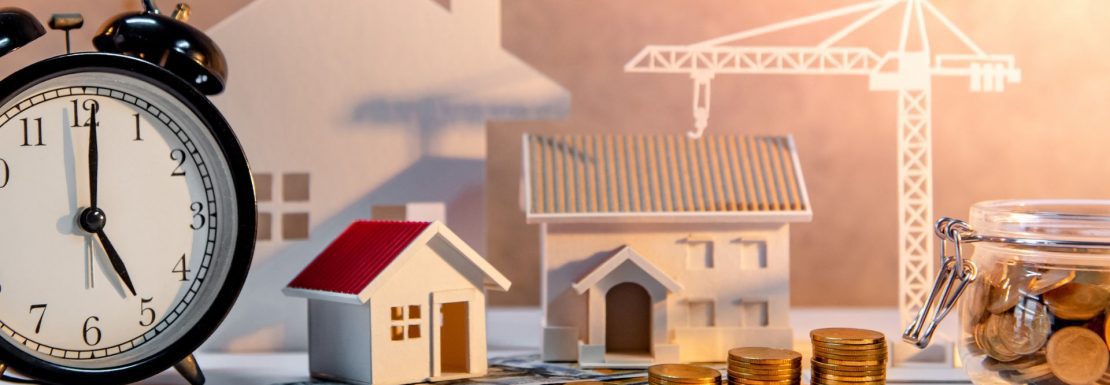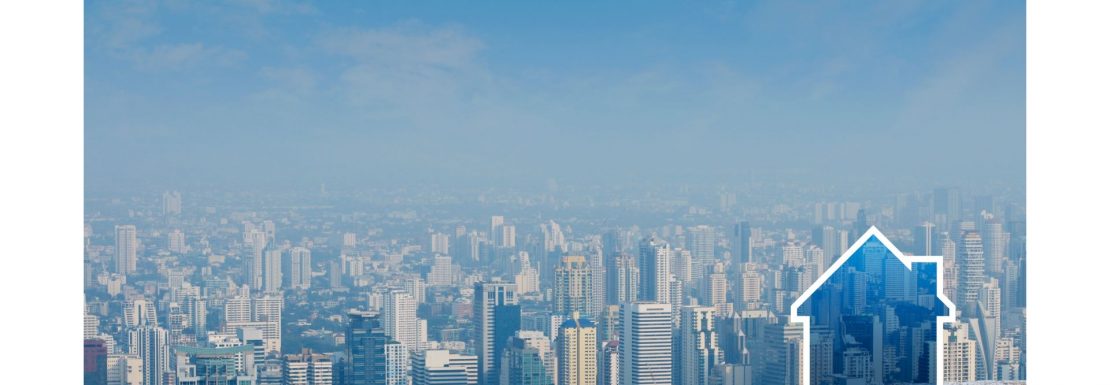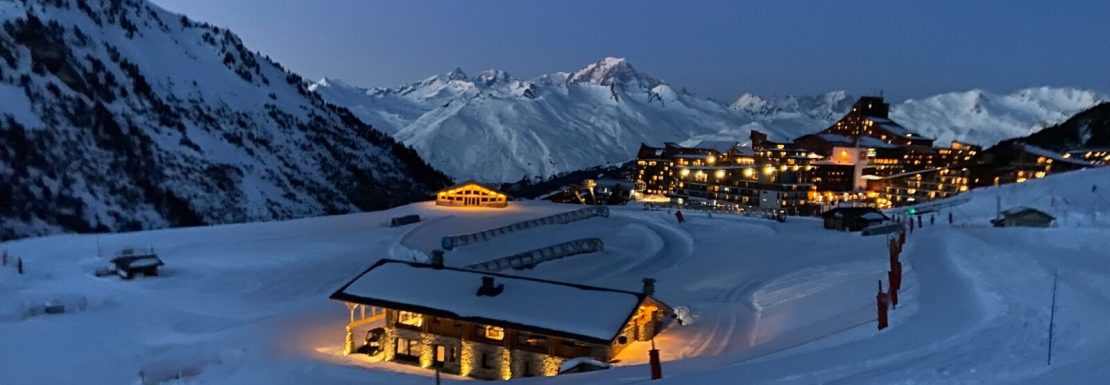
Investment Structures for French Real Estate: An In-Depth Guide
French real estate offers many investment opportunities, but navigating the investment landscape can be overwhelming for investors. It is essential to understand the different investment structures available to make informed decisions. This guide provides a comprehensive overview of the most common investment structures for French real estate, helping investors make informed choices.
Traditional French Property Investments
Traditional French property investments involve the purchase of a single property with the intention of renting it out or using it as a holiday home. This type of investment is straightforward and is the most common investment structure in France.
The benefits of traditional property investments include a predictable rental income, potential appreciation of the property, and the option to use the property for personal use. In the French Alps, when dealing with new-build properties, we provide assistance with claiming back the VAT and subsequent needed rental structure.
We also offer a 360-degree buy-to-let service in the best investment potential areas in France. This could be ideal for anyone planning on retiring in France in a 10-15 year frame. It comprises:
French property hunting, full property investment audit, renovation works, French mortgage plan and rental management of your French buy-to-let.
Real Estate Investment Trusts (REITs)
Real Estate Investment Trusts (REITs) are a popular investment structure for French real estate. REITs allow investors to invest in a portfolio of properties, providing exposure to the real estate market without the need to purchase a property directly. REITs are traded on stock exchanges, making them accessible to a wider range of investors.
The benefits of investing in REITs include the ability to diversify your portfolio, access to professional management, and the potential for high returns.
Bare Ownership Investment
Buying in bare ownership means that the buyer is not the full owner of the property (made of the bare ownership and usufruct). They do not have the right to use it or receive rental income from it, and, therefore, cannot occupy it (usufruct called “usufruit” in French). They own the bare ownership of that property. Property and right of use are separated, and it is referred to as a bare ownership property. Often, the right to use is given for a specified set of years to a professional or institutional landlord who manages the rental (also with new builds).
Often the bare ownership purchase price is 60% of the full property price. The length in France of bare ownership investment is usually 15-20 years.
- Potential for future ownership: At the end of the specified period, the bare owner regains full ownership.
- Potential for appreciation: The property’s value may appreciate over time, providing a potential financial gain for the bare owner.
- Reduced upfront cost: As the buyer is not purchasing the right to use the property, the cost of buying in bare ownership is lower, with virtually no cost to pay for many years.
- Professional property management: As the right to use is often given to a landlord, the buyer may benefit from professional property management services.
Property Life Annuity Investment (called viager in French)
On the bare ownership principle, you also have the Property Life Annuity (viager in French). It is a contract where the elderly person sells the bare ownership of their home for a lump sum and a monthly income for the rest of their lives, a bit like a pension. They keep the right to live in and enjoy their home but are freed from expenses such as property tax, community fees, and insurance. The monthly payments are set on the value of the property and the life expectancy of the elderly person based on strictly-regulated official statistics.
Property life annuity usually involves a lump sum of 30% (can vary) and the rest in the form of monthly/quarterly payments.
This type of investment represents only 0.5% of property investments in France (5,000) so it is very much a niche product. It provides one very clear advantage as you avoid the need for a French mortgage.
From a philosophical point of view, this can be seen as morally wrong as you are betting on the owner’s life expectancy but others see it almost as a social service as you provide security and peace of mind to someone living their elderly years.

Joint Ventures
Joint ventures are another investment structure for French real estate. Joint ventures involve two or more investors pooling their resources to purchase a property or portfolio of properties.
This structure allows investors to pool their resources and expertise, reducing the risks associated with investing in real estate. Joint ventures also provide access to larger and more diverse investment opportunities.
Property Funds
Property funds are another investment structure for French real estate. Property funds are professionally managed portfolios of properties that are designed to provide investors with exposure to the real estate market.
The benefits of property funds include the ability to diversify your portfolio, access to professional management, and the potential for high returns.
Fractional Ownership & Buying Through an SCI
Buying through a French SCI company (property limited company) allows you to purchase real estate inside a company shell and divide it into shares based on the shareholders’ contribution. This has been used for decades in France (and elsewhere in the world) to purchase a property between, say, family relatives or friends.
Co-ownership or fractional ownership uses this system but also provides added professional management of that property. This removes all emotional and financial tensions that could arise from sharing a property with people who are close to you. The property is usually divided into eight shares, with each share giving you a 1/8th of the year or 1.5 months/year.
Fractional ownership is a relatively new investment structure in France. This structure allows multiple investors to purchase a share of a property, giving each investor a proportional ownership stake.
Fractional ownership can offer investors access to high-end properties and the benefits of shared ownership, including shared costs and shared responsibilities. The potential benefits of fractional ownership include access to luxury properties, reduced costs, and shared responsibilities.
It is not seen as a direct way to invest in real estate but it is definitely an excellent way to invest in a better lifestyle.

French real estate offers many investment opportunities for investors, and understanding the different investment structures is crucial for making informed decisions. Whether you are interested in traditional property investments, REITs, joint ventures, or fractional ownership, there is a structure to meet your needs. It is important to consider your goals, risk tolerance, and investment horizon when choosing the best investment structure for your needs.
As a leading provider of investment advice and services for French properties, Domosno has extensive experience in helping clients navigate the complex world of French real estate investment. Our team of experts and partners can guide you through the process, from identifying the best investment opportunities to managing your portfolio.
Investing in French real estate can be a lucrative and rewarding opportunity, but it is important to understand the different investment structures and to conduct thorough due diligence before making any investment decisions.
Whether you are a seasoned investor or just starting out, Domosno can provide you with the expert guidance and support you need to succeed in the French real estate market. Contact us today to learn more about our services and how we can help you achieve your investment goals.

